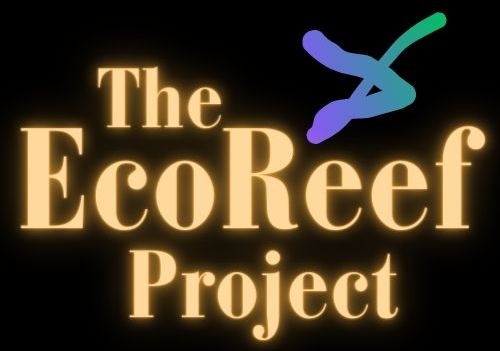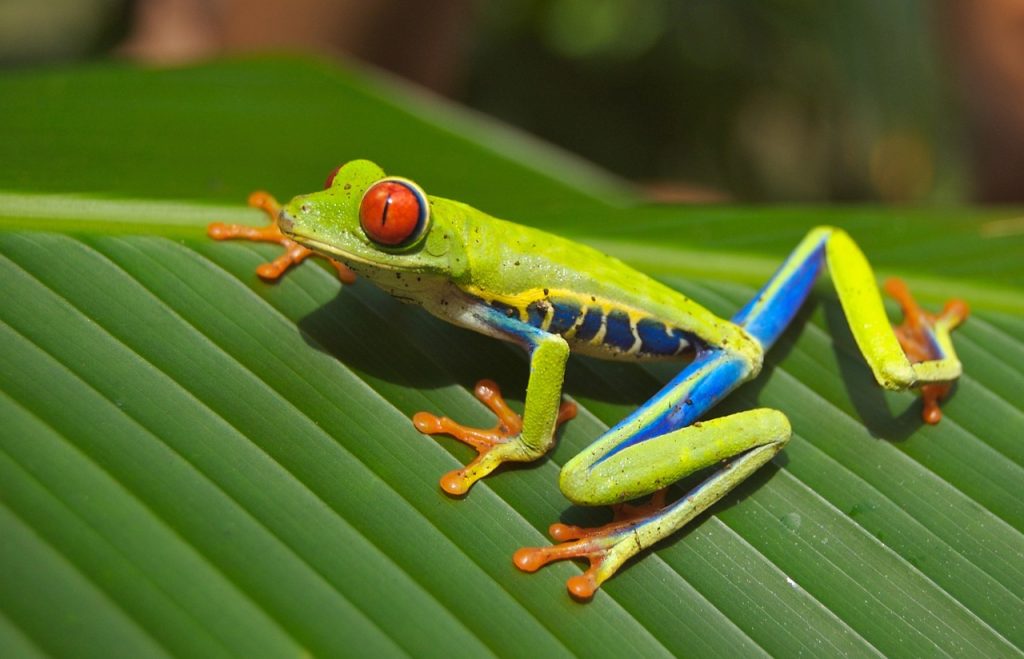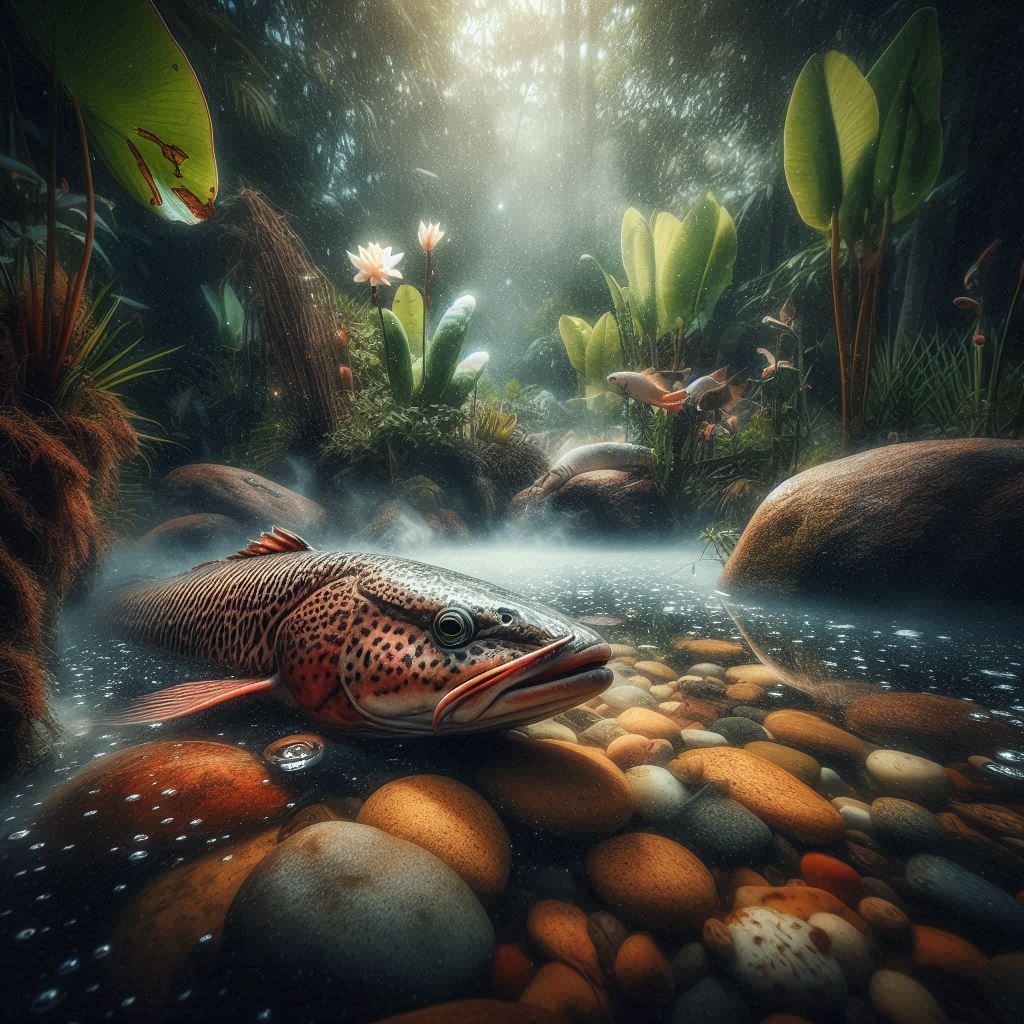Introduction
Backyard ponds, those shimmering water features nestled amidst lush greenery, evoke a sense of tranquility and natural beauty. But beyond aesthetics, what role do they play in our environment? Let’s examine the pros and cons of having a pond in your yard.
Eco-Friendly Practices for Backyard Ponds
Native Plants – Choose native aquatic plants for your pond. They require less maintenance, support local wildlife, and contribute to the ecosystem.
Natural Filtration – Instead of relying solely on mechanical filters, incorporate natural filtration methods. Plant marginal aquatic plants around the edges to absorb excess nutrients and improve water quality.
Rainwater Harvesting – Collect rainwater to fill your pond. This reduces the need for tap water and conserves resources.
Solar-Powered Features – If your pond has a fountain or aerator, consider using solar-powered options. They reduce energy consumption and operate without grid electricity.
Avoid Chemicals – Minimize chemical use. Opt for natural algae control methods like barley straw or beneficial bacteria. Chemical treatments can harm aquatic life.
Fish Selection – Choose fish species that are well-suited to your climate. Overstocking can strain the ecosystem.
Shade and Evaporation – Plant trees or install shade structures near the pond to reduce water evaporation. Covering part of the surface with floating plants also helps.
The Pros of Backyard Ponds
Enhanced Biodiversity – Ponds create microhabitats for various organisms. From tadpoles to water insects, these small ecosystems support life and contribute to local biodiversity.
Carbon Sequestration – Ponds absorb carbon dioxide from the atmosphere, acting as natural carbon sinks. This helps overtime to mitigate climate change by reducing greenhouse gas levels depending on size and other structure in the pond build up.
Educational Opportunities – Backyard ponds offer a hands-on learning experience. Children can observe aquatic life cycles, study water quality, and appreciate the delicate balance of nature.
Aesthetic Pleasure – The gentle ripple of water, the vibrant colors of water lilies, and the occasional frog croak—all contribute to the sensory delight of having a pond.
The Cons of Backyard Ponds
Water Usage – Ponds require consistent water levels, especially during dry spells. Responsible water management is crucial to prevent wastage.
Algae Overgrowth – Without proper maintenance, ponds can become breeding grounds for algae. Algae blooms affect water clarity and oxygen levels.
Mosquito Concerns – Stagnant water attracts mosquitoes. Regular circulation and introducing mosquito-eating fish can help control their population.
Maintenance Effort – Ponds demand attention. Regular cleaning, debris removal, and monitoring water quality are essential tasks.
Why People Add Ponds to Their Gardens
Aesthetic Beauty – Ponds enhance the visual appeal of a garden. The shimmering water, aquatic plants, and wildlife create a serene and captivating atmosphere.
Wildlife Habitat – Ponds attract various creatures like frogs, dragonflies, and birds. They provide a safe haven for wildlife and contribute to local biodiversity.
Relaxation and Tranquility – The soothing sound of water and the presence of a pond offer a peaceful retreat. It’s a place to unwind, relax, meditate and connect with nature.
Property Value – A well-designed pond can increase your property’s resale value. Buyers appreciate the natural beauty and unique feature.
Environmental Benefits – Ponds conserve water, reduce grassy areas (thus minimizing lawnmower pollutants), and even provide natural fertilizer through algae and sludge decomposition.
What Is an Ecosystem Pond?
An ecosystem pond mimics natural processes found in balanced aquatic ecosystems. It’s a man-made water feature designed to sustain itself by integrating rocks, plants, and filtration.
Ecosystem ponds rely on:
Biological Filtration
Converts harmful ammonia into harmless nitrates.
Plants
Naturally filter water and promote ecological balance.
Waterfalls and Streams
Aerate the water.
Natural Additives
Maintain healthy water conditions.
Conclusion
In essence, an eco pond recreates nature in your backyard, fostering a harmonious blend of life and beauty while requiring minimal maintenance.
Join the Discussion
What’s your take on backyard ponds? Have you installed one? Share your experiences, tips, or concerns below! Let’s learn from each other and appreciate the delicate balance between aesthetics and environmental impact.
#backyardponds #ecoponds #gardendesign #wildlifehabitat #relaxationoasis #propertyvalue #biodiversity #waterfeatures #sustainablegardening #nativeplants #waterconservation #carbonsequestration #pondlife #naturalfiltration #rainwaterharvesting #solarpoweredponds #mosquitocontrol #ecosystembalance #aquaticlife #pondmaintenance #aestheticbeauty #tranquility #pondtips #environmentalawareness #backyardbliss #pondlifebalance #ecofriendlygardens #pondenthusiast #backyardretreat #pondlove








Leave a Reply